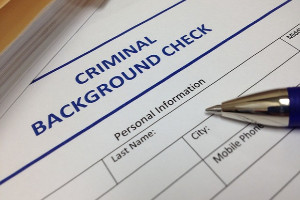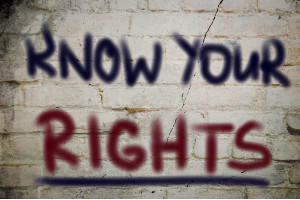Understanding Arrest and Conviction
An arrest is a significant event in anyone's life, but it's important to remember that being arrested doesn't equate to a conviction. The arrest merely signifies that law enforcement officers have reason to believe that you may have been involved in a criminal activity. The conviction, on the other hand, happens when the courts decide, based on evidence and legal arguments, that you are guilty of the crime you were charged with. An arrest does not automatically lead to a conviction. In many cases, individuals may be arrested but not convicted.
Role of the Legal System
The legal system is structured to presume innocence until proven guilty. This means that just because someone is arrested, they are not necessarily guilty of a crime. The prosecuting authorities must establish beyond reasonable doubt that the accused committed the crime. It's only after considering the evidence and arguments from both sides does the court reach a verdict. This process safeguards individuals from unwarranted accusations and ensures a fair trial.

Importance of Legal Representation
Should you find yourself arrested, it's crucial to seek legal representation as soon as possible. A lawyer or attorney will guide you through the legal processes, protect your rights, and work to get the best possible outcome for your case. They can help in crafting a strong defense, questioning the evidence, or even getting the case dismissed if it's found that the arrest was unlawful or the evidence is weak or improperly obtained.

Arrest vs. Conviction and Employment
An arrest without conviction may still impact your life, especially when applying for jobs. While most states in the U.S. have laws prohibiting employers from asking about arrests that did not lead to conviction, some do not. It's important to understand your rights in your state. Moreover, having an arrest on your record can sometimes create a wrong impression, so it's best to be prepared to address the issue in a clear and honest manner, if necessary.

The Consequences of Wrongful Arrest
Wrongful arrests can have significant implications for an individual. They can lead to personal distress, harm to reputation, financial burden, and loss of employment or employment opportunities. In such cases, individuals can consider pursuing legal remedies, including filing a lawsuit for false arrest against the police department or seeking compensation for the damages suffered.

Expungement and Sealing of Records
If you've been arrested but not convicted, you may have the option to get your arrest record expunged or sealed, depending on the laws of your jurisdiction. Expungement effectively erases the arrest from your record, while sealing means the arrest record is hidden from public view but can still be accessed under certain circumstances. In Texas, you will find Dallas expunction attorneys who are very successful with expunging and sealing arrest records based on qualifying circumstances involved with each individual case.

Prevention and Protection
Preventing a wrongful arrest starts with knowing your rights. It's essential to understand the laws of your country or state, your rights during police encounters, and the importance of legal representation. During an arrest, remember to exercise your right to remain silent and your right to an attorney. Don't try to argue your case on the spot. Instead, wait for the appropriate legal venue.

A Final Word
The stigma of being arrested can be daunting, even if the arrest does not lead to a conviction. However, it's important to remember that an arrest is not an indication of guilt. Knowing your rights, seeking legal advice, and taking the necessary legal steps can help mitigate the impacts of an arrest without a subsequent conviction. The legal system is designed to protect the innocent and ensure justice is served.
